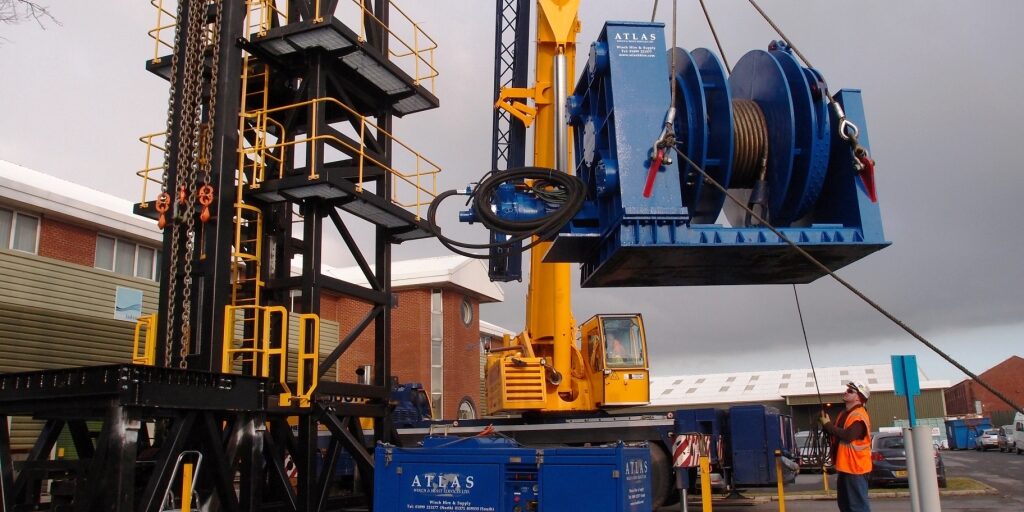Having the right personnel in charge of lifting equipment ensures the safety of both the operator and those in the vicinity. The demand for skilled winch operators continues to grow, making it an attractive career choice for those interested in the industry. However, becoming a winch operator requires proper training, certification and experience. In this guide, we’ll take a look at the steps to becoming a lifting equipment operator.
Step 1: Acquire the Right Qualifications
Industry-standard qualification
In the UK, the International Powered Access Federation (IPAF) is responsible for training lifting equipment operators, setting industry standards, and providing up-to-date health and safety guidance.
To operate lifting equipment, it’s necessary to complete a training course and the associated tests. The training course can be completed at any test centre that is accredited by the Construction Plant Competence Scheme (CPCS). Qualified lifting equipment operators will need a valid Construction Plant Competence Scheme (CPCS) card to work on a construction site.
Apprenticeship
Alternatively, prospective winch operators could find an apprenticeship that will enable them to become lifting equipment operators, such as the NVQ/SVQ Level 2 in Plant Operations. Most intermediate-level apprenticeships will take around 2 years to complete and may have entry requirements, such as a certain number of GCSEs or GCSEs in specific subjects.
Apprentices will be fully employed by their chosen company and expected to work a minimum of 30 hours a week. They will have to divide their time between on-the-job experience and completing the training required to become qualified.
Step 2: Gain Experience
Experience is a crucial aspect of becoming a winch operator. It is recommended that aspiring winch operators start out as apprentices and work their way up the ladder, as this gives them the opportunity to gain hands-on experience and familiarise themselves with the equipment and its operations.
Step 3: Obtain a Driving License
Winch operators are often required to transport the equipment to and from job sites, so having a valid driving license is a must. Some employers may also require their winch operators to have a Class 1 or Class 2 license.
Step 4: Stay Up to Date with Industry Standards
The lifting equipment industry is constantly evolving, and it’s essential for winch operators to stay up to date with industry standards and regulations. This can be done by attending Continuing Professional Development (CPD) training sessions and workshops, reading industry publications, and keeping up with technological advancements.
Step 5: Practise Safe Operating Procedures
Safe operating procedures are a critical aspect of winch operation. Winch operators must be aware of the potential dangers and take the necessary precautions to prevent accidents. This includes conducting regular safety inspections, following proper operating procedures, and wearing the right protective gear.
Becoming a winch operator is a challenging but rewarding career path. If you’re in need of highly skilled and experienced engineers and winch operators for your project, Atlas Winch Hire & Hoist Services can help. We have a team of lifting equipment experts available to operate any equipment you hire from us or even equipment you own outright. Whether you require the help of skilled professionals or simply want to hire lifting equipment, contact us at 01899 221 577 (Scotland) or 01371 859 555 (Essex) today.








